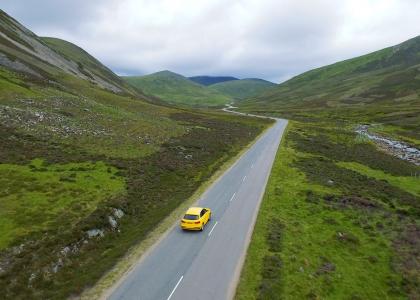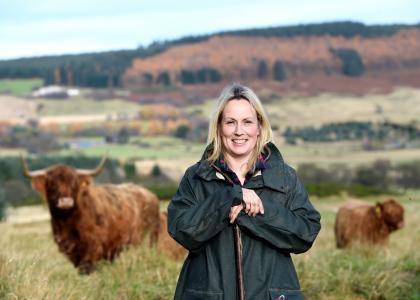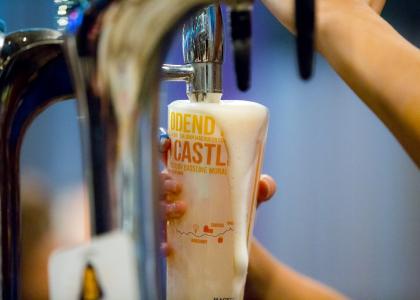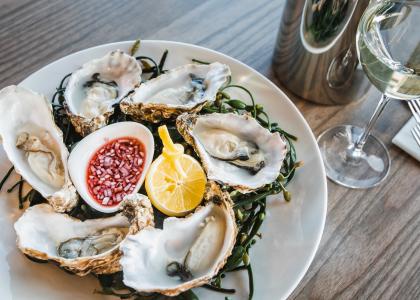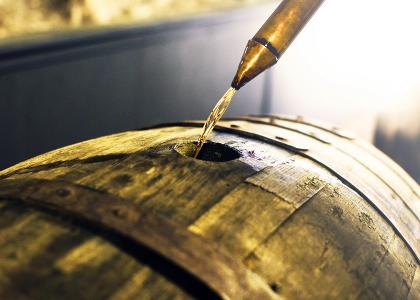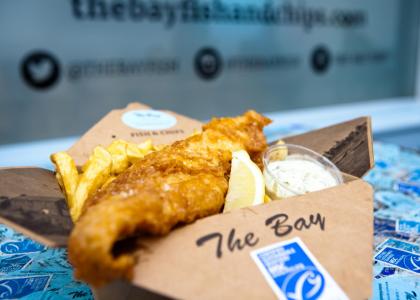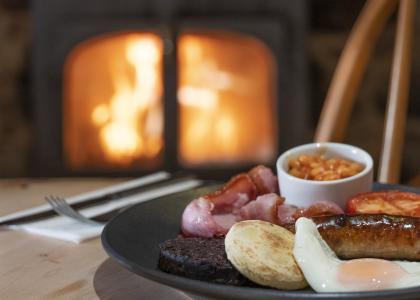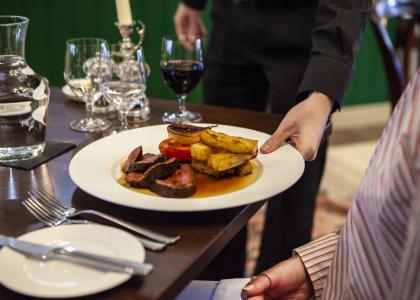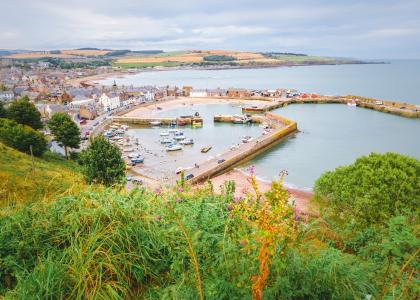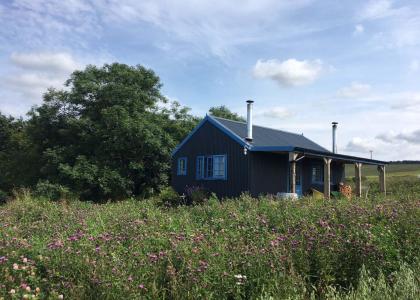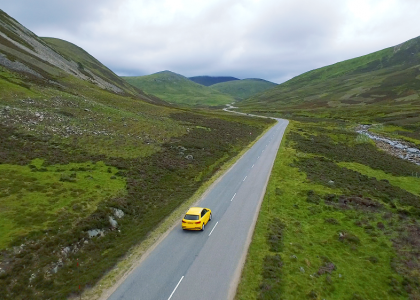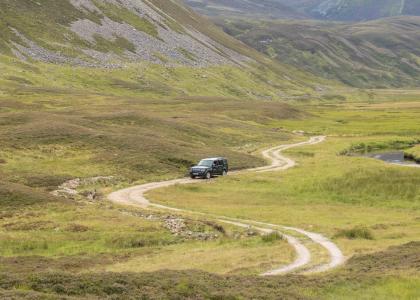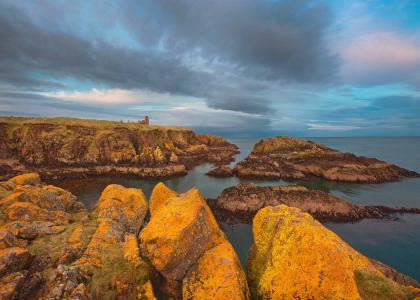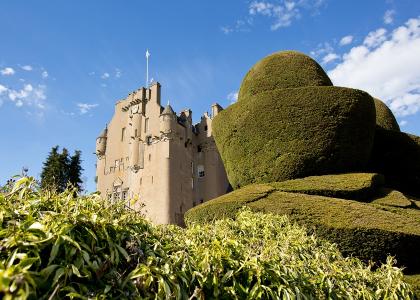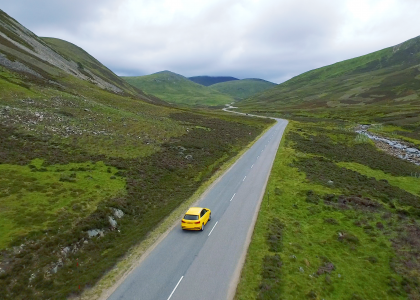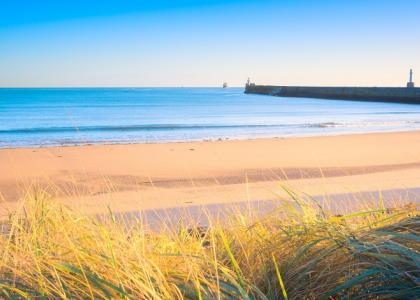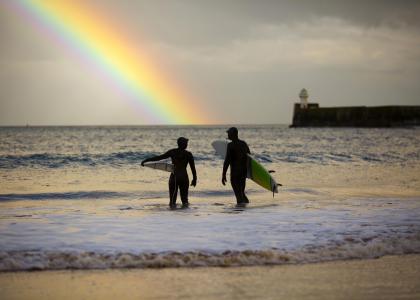
A beginners guide to Doric
9 December 2024
Did you hear the news? Doric has been given official language status. For decades, this Scots language as spoken in the North-east has been met with “I don’t understand what you’re saying…?” but no more. Now Doric speakers officially have another language under their belt (what clever cookies you are!).
Rich in history and unique expressions, it's an integral part of the region's culture. Here's a beginner-friendly guide to help you get started with understanding Doric.
Fit Like?
“Fit like?” is the typical Doric greeting that you will hear in North-east Scotland. No, it doesn’t mean do you like to keep fit? It is the equivalent of “hello, how are you?”. Similar to “foos yer doos?”.
Foos Yer Doos?
“Foos yer doos?” literally translates to “how are your pigeons?” but if someone says this to you don’t panic, you don’t need to make up some elaborate story about your fake pigeons. They are simply asking how you are. The Doric response to this is usually something along the lines of “nae bad” (not bad) or “jist chavin’ awa” (just working away).
Far Hiv Ye Bin?
“Far hiv ye bin” means “where have you been?”. So if you come home late after a night out “on the toon” during your stay in Aberdeen and Aberdeenshire and your Aberdonian friend asks “far hiv ye bin?”, don’t worry your hearing isn’t muddled with the booze.
Acting feel
If someone tells you that you are “acting feel” they mean to tell you are behaving silly. So if you have been misbehaving or just acting dopey, they may tell you to “stop acting feel” because they want you to stop acting foolish.
Loons and Quines
Loons and quines are boys and girls. You might hear these words being added on to the sayings above: “fit like, loon?” or “far hiv ye bin, quine”. These words are also useful to know as they may just be the only way for you to differentiate between the ladies and gentlemen bathrooms.
Teuchter and Toonser
Now here’s where you’ll really feel like you are learning a new language. If someone asked you what a “teuchter” was with no context behind it, you would most likely be baffled, yes? But fear not, we can help. A teuchter is simply someone who hails from the country whereas a “toonser” is someone who comes from the city.
Other Scottish words that may come in handy during your trip to North-east Scotland are:
Dreich
One of the many words that doesn’t correlate with the spelling rhyme you got taught at school: “I before E except after C”. Dreich is the term to describe something that’s dreary or bleak. Usually the weather. “A cal, dreich day” = “a cold, bleak day”. Funnily enough if you visited Aberdeen and Aberdeenshire this summer, you will likely not have heard this saying as the weather has been “rare” (means great in Doric).
Bonnie
Possibly one of the most well-known Scottish words: “bonnie” means “beautiful”. We Scots love to use this word to describe most things about Scotland. Even just the country itself in “bonnie Scotland” and a bonnie place it is indeed.
Dinna Fash Yersel
This simply means don't trouble yourself, and just to keep you on your toes "fash" can also mean "fish" in Doric!
Pronunciation Tips
- Vowels are usually elongated: "noo" for now and "hoo" for how
- Roll your Rs for a truly authentic feel
- The "ch" is said like a whisper, in a much softer tone as in "loch"
Doric might seem tricky at first, but with a little practice you'll soon be braw!
Remember to tag us in your adventures @VisitABDN or use our hashtags #VisitABDN, #BeautifulABDN or #NorthernNights for your chance to be featured on our social channels.
